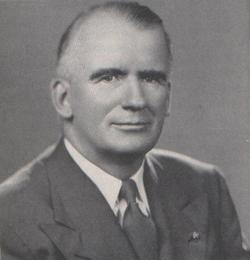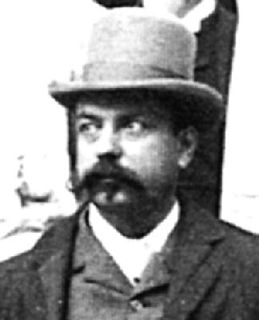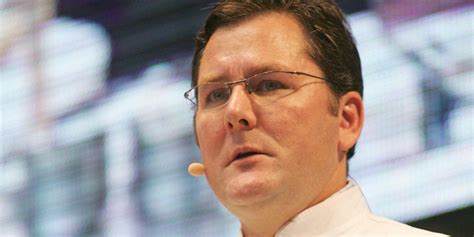A Quote by Peter Drucker
The customer rarely buys what the business thinks it sells him.
Related Quotes
The successful producer of an article sells it for more than it cost him to make, and that's his profit. But the customer buys it only because it is worth more to him than he pays for it, and that's his profit. No one can long make a profit producing anything unless the customer makes a profit using it.
Traditional sales and marketing involves increasing market shares, which means selling as much of your product as you can to as many customers as possible. One-to-one marketing involves driving for a share of customer, which means ensuring that each individual customer who buys your product buys more product, buys only your brand, and is happy using your product instead of another to solve his problem. The true, current value of any one customer is a function of the customer's future purchases, across all the product lines, brands, and services offered by you.
The best way to do business with a liar is confront them with the truth. Tell them that you do business as a partner. If your lying customer still can't see the light, tell him that you may not be the best choice for business, and that you think you have someone that can serve him better. Then, refer him to the competitor that you hate the most.

































